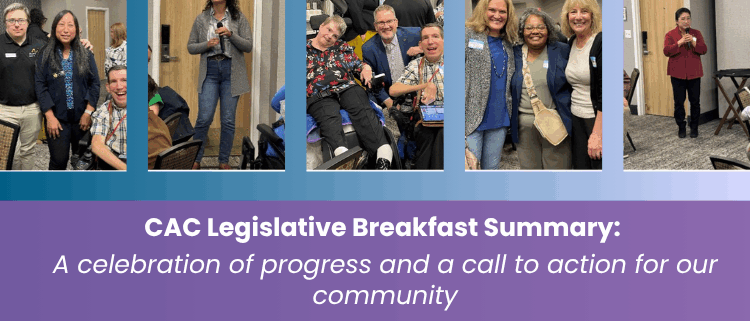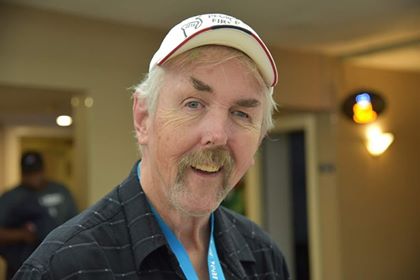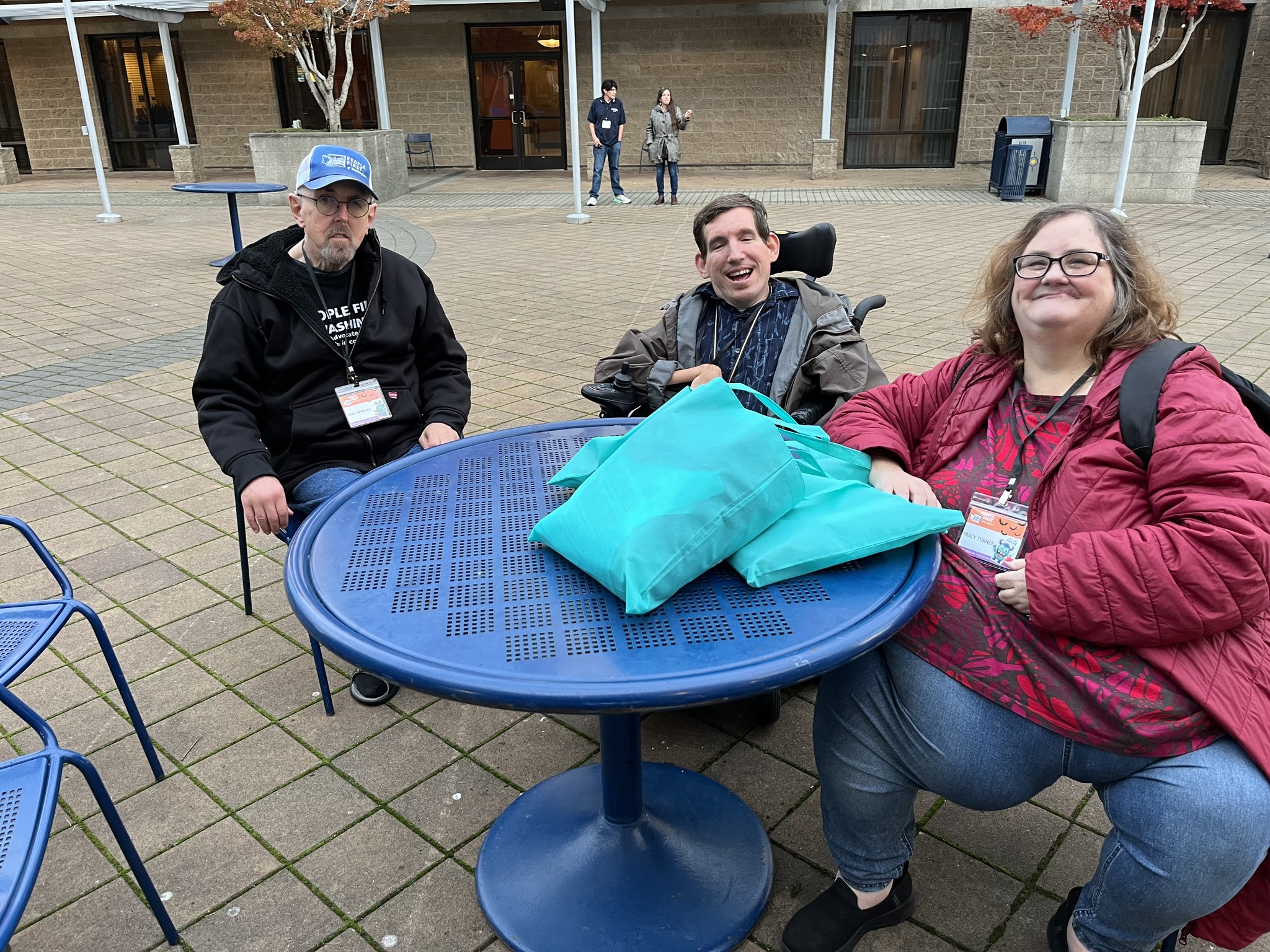CAC Legislative Breakfast Summary
CAC Legislative Breakfast Summary
A celebration of progress and a call to action for our community
 The Arc of WA is grateful to be an integral member of The Community Advocacy Coalition (CAC), a dynamic alliance comprising over 50 community-based organizations serving individuals with developmental disabilities. The CAC brings together self-advocates, parents, providers, and allies united by our shared commitment to ensure that people with disabilities thrive in inclusive, supportive communities. To join this coalition, organizations must demonstrate not only service to the community but also endorse our guiding values— “Many Voices One Vision”.
The Arc of WA is grateful to be an integral member of The Community Advocacy Coalition (CAC), a dynamic alliance comprising over 50 community-based organizations serving individuals with developmental disabilities. The CAC brings together self-advocates, parents, providers, and allies united by our shared commitment to ensure that people with disabilities thrive in inclusive, supportive communities. To join this coalition, organizations must demonstrate not only service to the community but also endorse our guiding values— “Many Voices One Vision”.
On June 24th, the CAC hosted its annual legislative breakfast at the Radisson Hotel in SeaTac. This gathering provided an invaluable opportunity to acknowledge the dedication of our legislators and highlight key issues impacting our community. We are deeply grateful to the eight legislators who took time from their busy schedules to engage with us and hear our voices.
Highlights of Our Advocacy Focus:

Housing
We expressed our sincere gratitude for allocating a historic $50 million to the DD Housing Trust Fund Set Aside in the state Capital Budget. Continued investment in housing is critical for individuals living at 15% Area Median Income, many of whom require specialized and supported housing options. Ensuring stable, affordable housing remains a top priority to promote independence and community integration.

Workforce
We thanked lawmakers for the recent enhancements to rates in community-based residential services, including Supported Living, Home Caregiver Wages, and Adult Family Homes. These funds are vital to sustaining a qualified workforce. We also emphasized the need for ongoing support to achieve rate increases that keep pace with the cost of living, especially for Supported Living services, which are currently not bargained or forecasted.

Special Education
We celebrated significant legislative victories—removing the cap on funded enrollment, increasing the education multiplier, extending the right to special education through the age of 22, and granting greater flexibility for spending via the Office of the Superintendent of Public Instruction. We underscored the importance of Washington State upholding the rights of students with disabilities, even if federal protections weaken. Washington state must ensure students are not discriminated against, segregated, or denied access to an inclusive, equitable education.
 Employment
Employment
While appreciating the appropriation of funds to boost employment and community inclusion in 2024, we raised concerns over the recent reallocation of $50 million, which risks diminishing outcomes and community capacity. We stressed the importance of maintaining and strengthening employment initiatives, particularly for graduating high school students, to preserve Washington’s leadership in the nation for employment opportunities for individuals with IDD.
Support for Families
We thanked legislators for increasing respite care rates even when the budget was incredibly tight, and for prioritizing the needs of over 15,000 senior families in our state who require support for planning for the future. We called attention to the need for strategic investment in tiered rates that support individuals with higher needs.
Additionally, we expressed appreciation for continued investments in programs like Parent to Parent, Informing Families, and Information & Education. We highlighted how vital these low-cost, high-impact family support programs are, especially when services are scarce.
OUR THREE KEY MESSAGES:

Protect Our Services: Ensure that Community Services are not cut. These services are not optional! Individuals need these services to live. Our state has a moral obligation to ensure this population is cared for. Individuals with I/DD receive an array of services from many agencies, so when State cuts happen, they end up receiving multiple cuts, which hurts their ability to live successfully in the community. Equal cuts across state agencies are not equitable for people with I/DD.

Protect Community Living: The right to live in the community must be protected. We need to strengthen our community safety net so that everyone has access to what they need. We must shift resources from institutions to community-based care to prevent future institutionalization.

Protect Civil Rights: Every person with a disability has the right to live, work, learn, and play in the community. We must ensure that people with disabilities are not denied services, provided unequal treatment, or relegated to segregated settings
This event not only highlighted our community’s needs but also reinforced our collective resolve to advocate for policies that promote inclusion, independence, and equity for all individuals with disabilities. We thank everyone involved in making this breakfast a meaningful step forward in our ongoing efforts.
Pictures from the event:











 Mike Raymond, a Washington State self-advocacy leader, was born in 1947 and passed away on September 17. Mike advocated over the last 50 years to shut down the Developmental Disability Institutions, also called Residential Habilitation Centers. In particular, Mike fought for the closure of Rainier School in Buckley, one of the remaining four institutions. Mike lived at Rainier School from 1949 to 1969. He was put into Rainer after doctors told his mom he would be better off being there. Later on, the staff told him that his mother had passed away, which was a lie. During his time at Rainier, he experienced and saw many instances of abuse. He often had to push heavy blocks, walk in perfect lines, wear clothing like straightjackets, or be put into isolation when being punished. Mike also witnessed workers there using damp cloths to choke other residents.
Mike Raymond, a Washington State self-advocacy leader, was born in 1947 and passed away on September 17. Mike advocated over the last 50 years to shut down the Developmental Disability Institutions, also called Residential Habilitation Centers. In particular, Mike fought for the closure of Rainier School in Buckley, one of the remaining four institutions. Mike lived at Rainier School from 1949 to 1969. He was put into Rainer after doctors told his mom he would be better off being there. Later on, the staff told him that his mother had passed away, which was a lie. During his time at Rainier, he experienced and saw many instances of abuse. He often had to push heavy blocks, walk in perfect lines, wear clothing like straightjackets, or be put into isolation when being punished. Mike also witnessed workers there using damp cloths to choke other residents.




